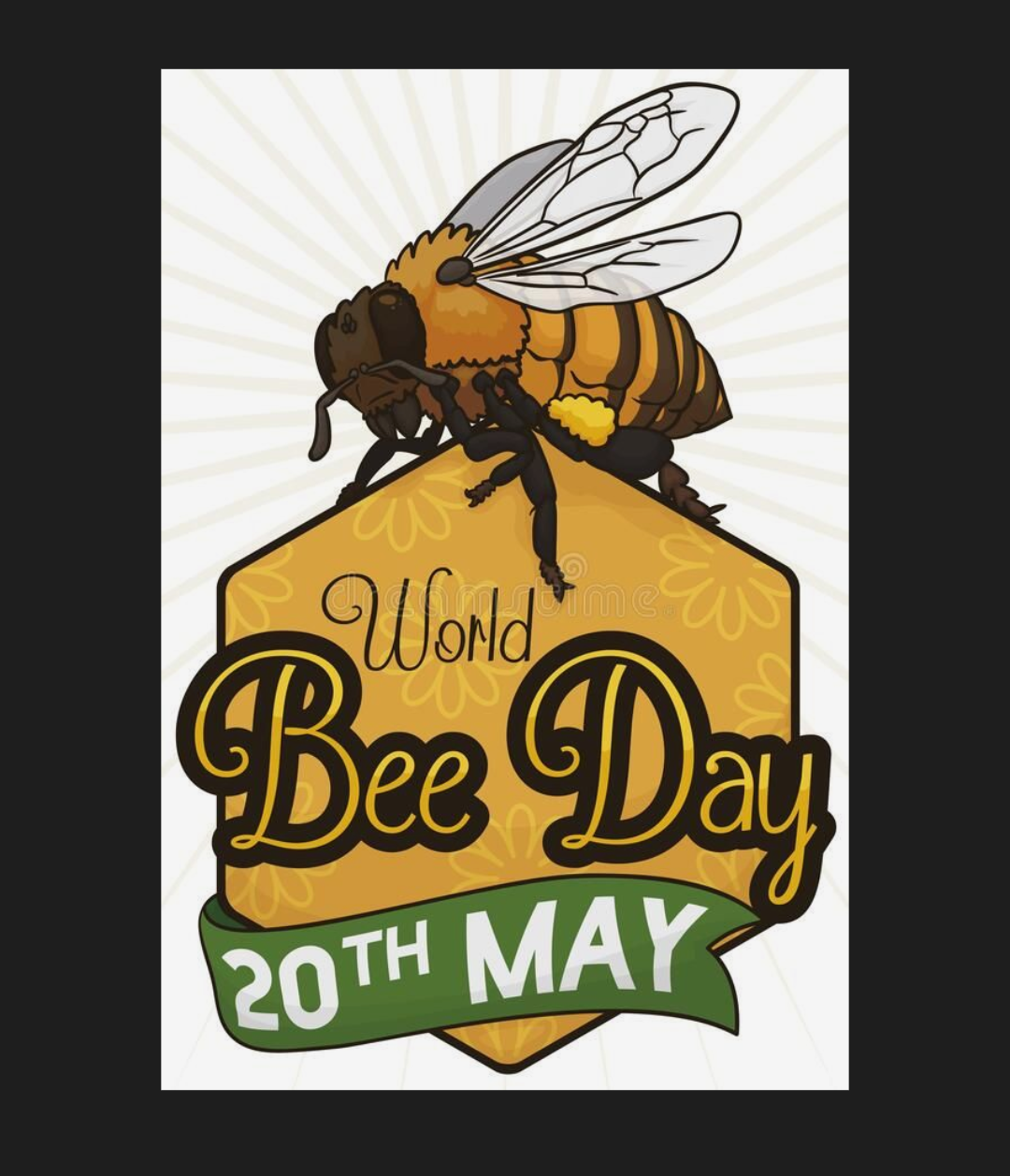World Bee Day: Celebrating the Importance of Bees
Each year on May 20th, the world comes together to celebrate World Bee Day, a day dedicated to raising awareness about the critical role bees play in our ecosystems and the threats they face. Bees are vital to biodiversity, food security, and human health, making their conservation essential.
The Importance of Bees
Bees are among the most important pollinators, contributing to the growth of 75% of the world’s food crops. They pollinate a wide variety of plants, including fruits, vegetables, nuts, and seeds. This process not only supports food production but also helps maintain healthy ecosystems and biodiversity.
### Threats to Bees
Unfortunately, bee populations are declining due to several factors:
1. **Pesticides**: Chemicals used in agriculture can be toxic to bees.
2. **Habitat Loss**: Urbanization and agriculture expansion reduce the natural habitats bees rely on.
3. **Climate Change**: Changes in temperature and weather patterns affect bees' foraging behavior and habitat suitability.
4. **Diseases and Pests**: Parasites like the Varroa mite and diseases such as Nosema affect bee health and longevity.
### How to Help Bees
Individuals and communities can take several actions to support bee populations:
- **Plant Bee-Friendly Flowers**: Grow a variety of plants that bloom at different times of the year to provide a continuous food source.
- **Avoid Pesticides**: Use organic or bee-friendly pest control methods.
- **Create Habitats**: Set up bee hotels or leave patches of wildflowers and grass in your garden.
- **Support Local Beekeepers**: Buy honey and other products from local beekeepers who practice sustainable methods.
### Conclusion
World Bee Day is an opportunity to reflect on the indispensable role bees play in our lives and to take action to protect them. By making small changes in our habits and supporting conservation efforts, we can ensure that bees continue to thrive and support the ecosystems that sustain us.
Let's celebrate World Bee Day by spreading awareness and taking steps to protect these incredible pollinators!

